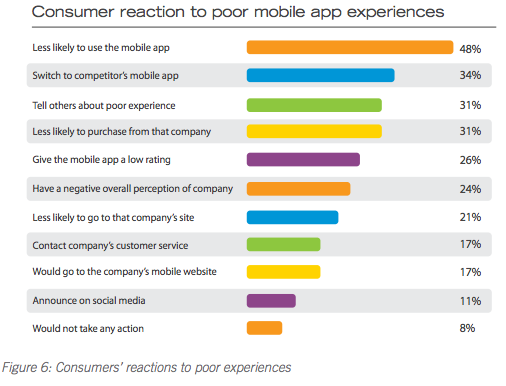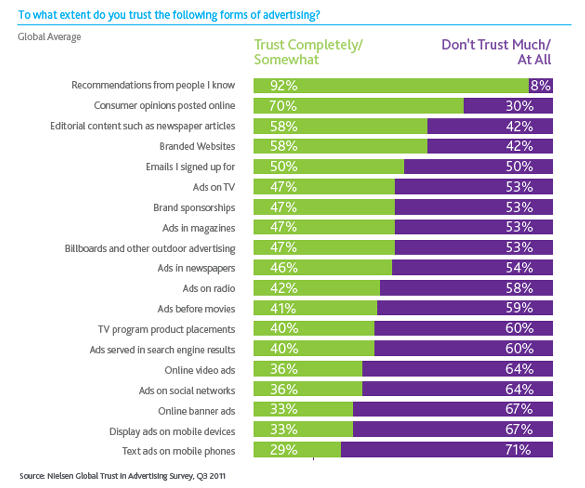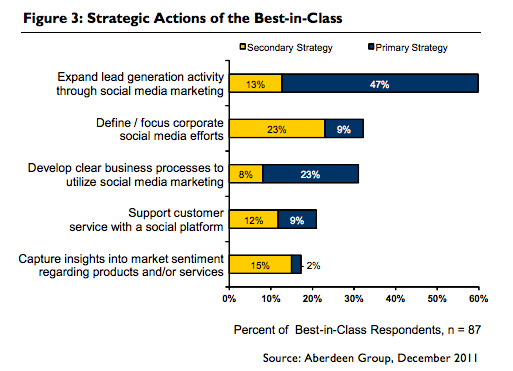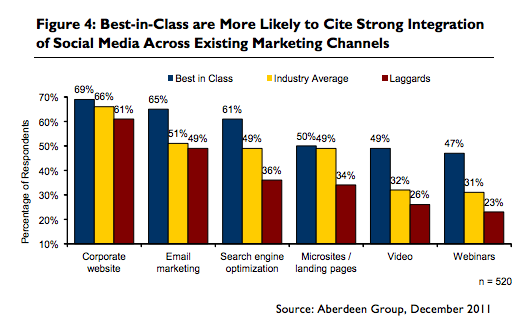Study Mobile Search: How it drives activities and conversions online and offline
We all experience on a daily business how mobile devices are changing our world. Mobiles become more and more our shopping companion, and with it mobile search becomes more and more popular to satisfy our needs. Google and Nielsen cooperated in a recent report to illustrate where and how people use mobile search, and what purchasing behaviour results from it.
Most mobile search activities happen in the afternoon and evening. However, the activities happen at home (68%) and not from “on-the-go” (17%). The driver for the activity is 81% the need for “speed and convenience”. Funnily enough people believe that doing a mobile search at home is easier than opening the computer (83%).

Concerning the types of mobile search, it varies still. People tend to do food and shopping “in-stores” versus finding travel information which is done from their office or while on-the-go. The interesting finding for marketers is that these searches drive users to do additional activities. 73% trigger additional actions after doing their mobile search.

The study makes clear that mobile searches are pushing fast online and offline activities. More than half of all mobile users do call a business, make a purchase and visit a store in the short time-period of only one hour. Furthermore, mobile searches becomes more and more impactful for businesses. Mobile searches trigger consumers for additional actions and conversions (73%). The respondents of the study also visited a retailer’s website (25%), shared information (18%) and visited a store (17%).

Spot On!
Although this study might have some Google touch, the reports offers some good insight into the offline and online world and how it gets driven by mobile search. We should not be surprised to get further new mobile products from Google for users (mobile value-add) as well as for marketers (mobile ad products).
Which products would you like to see from Google for mobile search that don’t exist yet?




 While Facebook turns more and more to search and ad exchange budgets, Google is still riding the mobile wave. In many moderations over the last two years, I could listen to their attitude towards building mobile websites, and why these are important to the business of the future. However, companies often resist to face the mobile evolution and still stick to their conventional desktop websites. Not to mention what this does to their brands when the user experience is driving into a nightmare of usability and readability.
While Facebook turns more and more to search and ad exchange budgets, Google is still riding the mobile wave. In many moderations over the last two years, I could listen to their attitude towards building mobile websites, and why these are important to the business of the future. However, companies often resist to face the mobile evolution and still stick to their conventional desktop websites. Not to mention what this does to their brands when the user experience is driving into a nightmare of usability and readability.



 In a recent study the research companies
In a recent study the research companies